Mechanisms on decentralization and delegation of power are important highlights in the draft revised Law on the Capital City.
Discussing in groups about the revised Law on the Capital, Secretary of the Hanoi Party Committee Dinh Tien Dung emphasized that Hanoi really needs this mechanism to resolve the problems that are currently being encountered.
Typically, he mentioned the policy of relocating polluting production facilities, hospitals, and schools from the inner city. This is a task that has been set for a long time but according to the assessment of the head of the city's Party Committee, it is still "marking time".
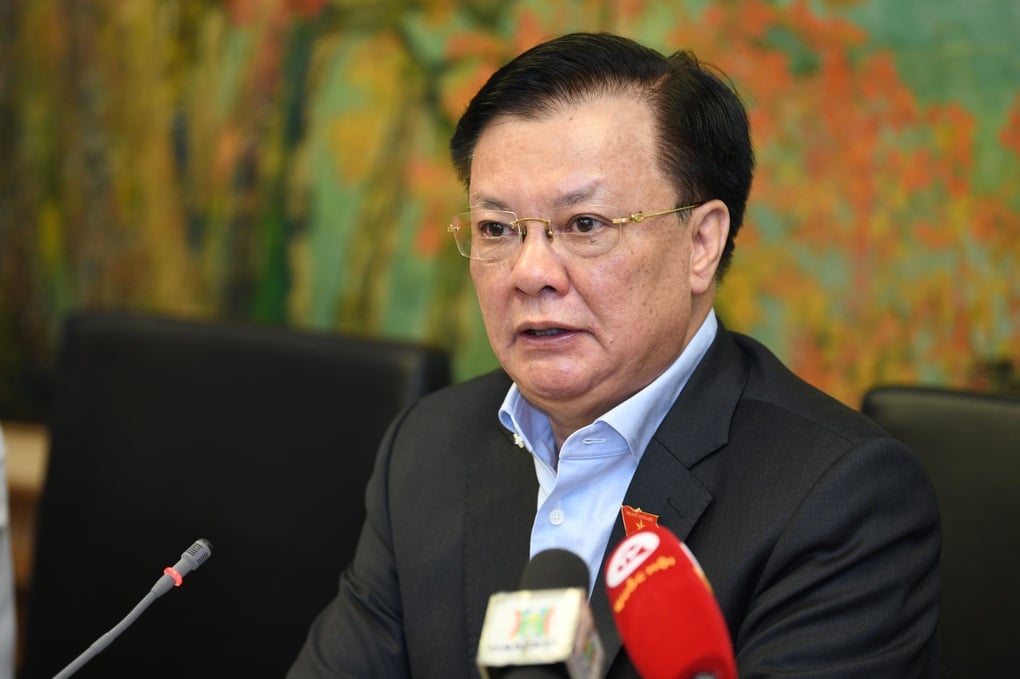
Secretary of Hanoi Party Committee Dinh Tien Dung (Photo: Hong Phong).
Emphasizing that this is the key for Hanoi to solve the problem of population reduction and address pressing social issues such as traffic congestion, pollution, and flooding, Secretary Dinh Tien Dung said the city needs to be decentralized to solve this problem.
Sharing that Hanoi has planned a second city in the West, a place for development in science, technology, education and training, Mr. Dung said that before setting out this plan, the city had started to relocate facilities in the inner city.
But in reality, most hospitals and universities are autonomous, so if new land is allocated now, it is unknown whether the units will have money to build headquarters.
From the shortcomings pointed out, the Secretary of Hanoi proposed to give the city more authority. Hanoi wants a mechanism to proactively spend the budget to clear land, even build new headquarters for schools and hospitals, and return old facilities to the city or use them as post-graduate training facilities, research facilities, etc.
He calculated that if universities were moved out of the city center, it would move about a million students out of the inner city, bringing with it nearly the same number of residents. "This is the goal in the planning and development of the capital," said Mr. Dung.
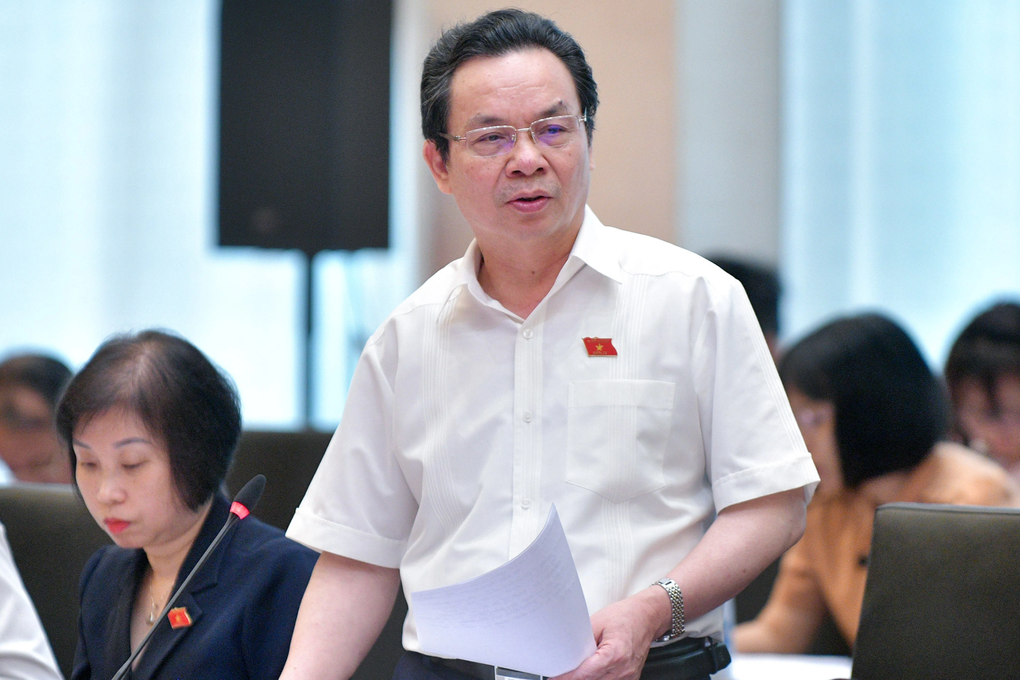
National Assembly Delegate Hoang Van Cuong (Photo: Hong Phong).
Giving comments on a specific mechanism for Hanoi, delegate Hoang Van Cuong (Hanoi) mentioned salary policy.
Mr. Cuong said that when the apparatus has to carry out important responsibilities, the salary regime for the capital's staff and civil servants must also be different.
The draft law proposes that Hanoi be allowed to spend additional income for cadres, civil servants, and public employees of agencies, units of the capital and some central vertical agencies located in the area. The total amount spent for this content must not exceed 0.8 times the basic salary fund of cadres, civil servants, and public employees. Mr. Cuong commented that this is low and needs to be increased.
The Hanoi delegation representative proposed that the total salary fund should be 0.8 times higher and that the salary regime for each individual should have no limit.
Deputy Head of the Delegation Affairs Committee Ta Thi Yen reiterated the provisions of the draft law allowing the Capital to apply a salary fund with a total expenditure level suitable to the conditions and budget capacity of the city and not exceeding 0.8 times the basic salary fund of cadres, civil servants and public employees under its management.
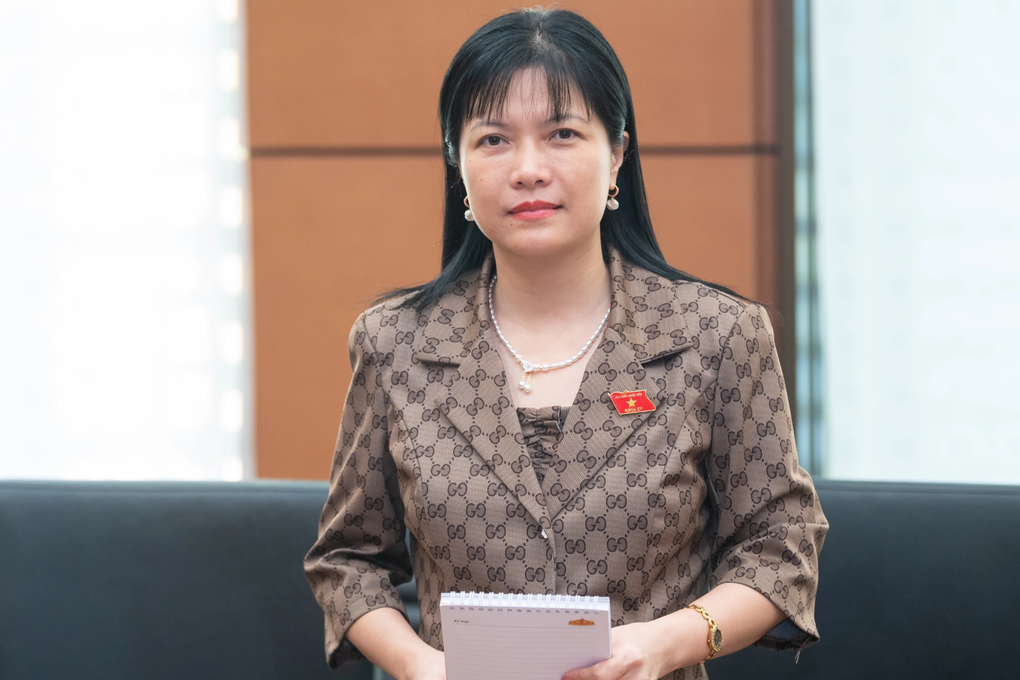
Deputy Head of the Delegation Affairs Committee Ta Thi Yen (Photo: Pham Thang).
However, the female delegate suggested that the law should have appropriate and strict regulations, ensuring adherence to the roadmap for implementing the new salary regime from July 1, 2024.
Meanwhile, delegate Pham Van Hoa (Dong Thap) supports the policy of attracting and using talented people so that Hanoi does not suffer from "brain drain", but according to him, it is necessary to determine who those talented people are and what the criteria for those talented people are.
"If Hanoi proposes to support talented students but does not have criteria, it will easily lead to asking and giving, bringing in the children of high-ranking officials and claiming them to be talented, then sending them to study abroad, but when they return, their activities will not be effective," the delegate was concerned and suggested clearly stipulating this condition in the law.
Source


![[Photo] Prime Minister Pham Minh Chinh meets with the Policy Advisory Council on Private Economic Development](https://vphoto.vietnam.vn/thumb/1200x675/vietnam/resource/IMAGE/2025/5/8/387da60b85cc489ab2aed8442fc3b14a)

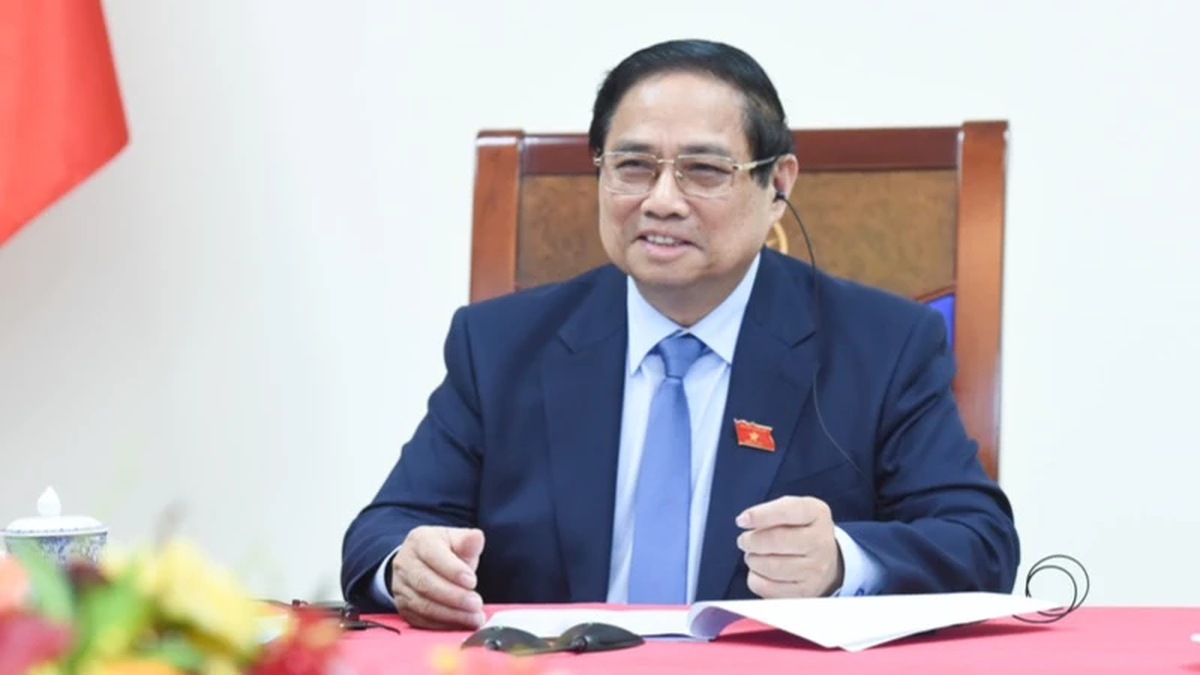
![[Photo] General Secretary concludes visit to Azerbaijan, departs for visit to Russian Federation](https://vphoto.vietnam.vn/thumb/1200x675/vietnam/resource/IMAGE/2025/5/8/7a135ad280314b66917ad278ce0e26fa)
![[Photo] President Luong Cuong presents the decision to appoint Deputy Head of the Office of the President](https://vphoto.vietnam.vn/thumb/1200x675/vietnam/resource/IMAGE/2025/5/8/501f8ee192f3476ab9f7579c57b423ad)
![[Photo] National Assembly Chairman Tran Thanh Man chairs the meeting of the Subcommittee on Documents of the First National Assembly Party Congress](https://vphoto.vietnam.vn/thumb/1200x675/vietnam/resource/IMAGE/2025/5/8/72b19a73d94a4affab411fd8c87f4f8d)


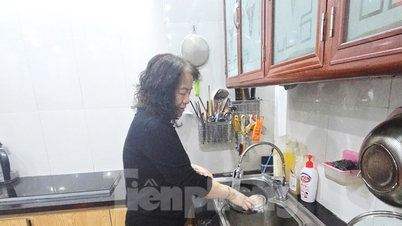

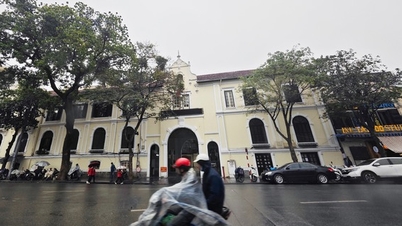






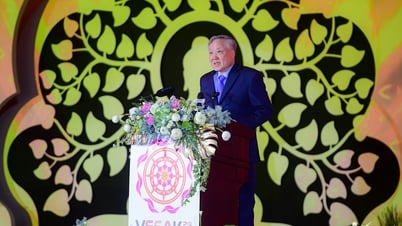
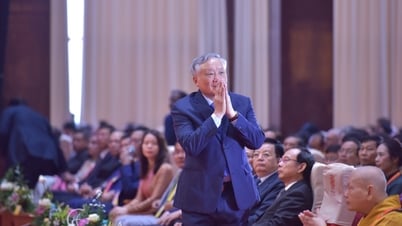


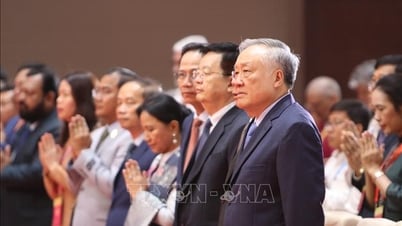
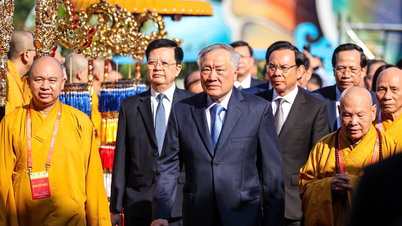










































![[Photo] Prime Minister Pham Minh Chinh talks on the phone with Singaporean Prime Minister Lawrence Wong](https://vphoto.vietnam.vn/thumb/402x226/vietnam/resource/IMAGE/2025/5/8/e2eab082d9bc4fc4a360b28fa0ab94de)














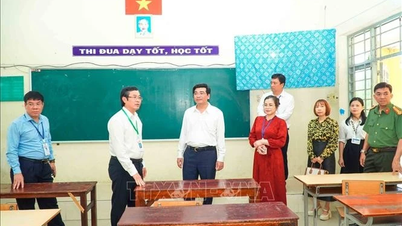



















Comment (0)